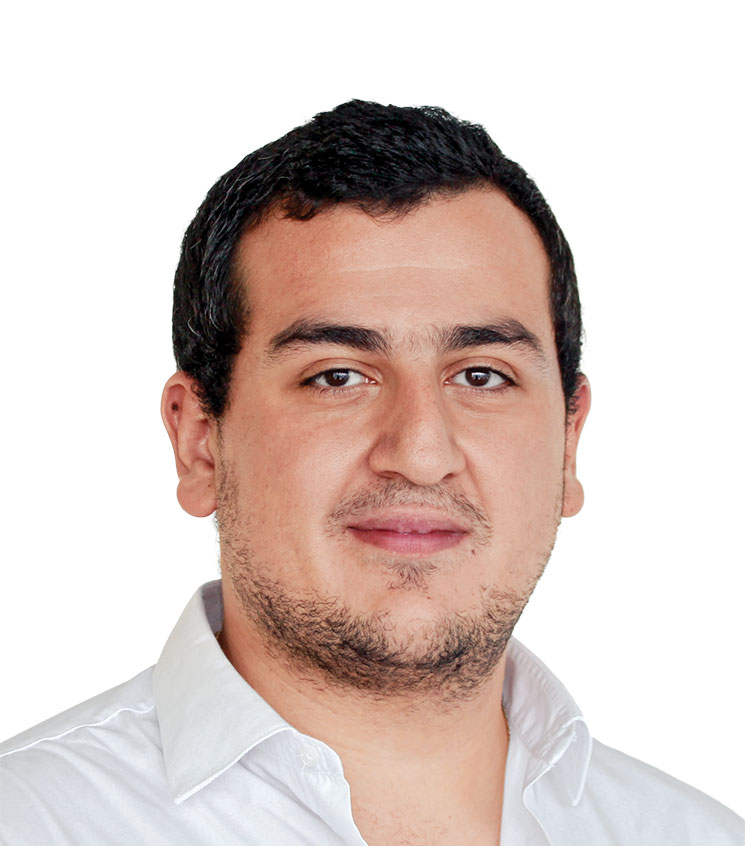
Personalized Medicine to Treat Childhood Leukemia
 By Antonio Gozain | Senior Journalist and Industry Analyst -
Mon, 09/27/2021 - 13:29
By Antonio Gozain | Senior Journalist and Industry Analyst -
Mon, 09/27/2021 - 13:29
During International Cancel Research Day, which is dedicated to raising awareness about childhood cancer, researchers from the Institute of Bioengineering of Catalonia (IBEC) announced a technique to evaluate potential treatments for pediatric acute lymphoblastic leukemia (ALL), reported Agencia EFE.
ALL makes up 25 percent of the total diagnosed cancer cases in children and young adults and is the major cause of death in that range. While most patients respond well to treatment, cancer returns in 15-20 percent of cases. The standard treatment is aggressive and can cause long-term side effects, physical and mental damage. Children with ALL receive central-nervous-system-directed therapy “as part of induction therapy and consolidation/intensification therapy and sometimes during maintenance therapy,” according to the US National Cancer Institute.
IBEC’s study, led by Joan Montero and Albert Manzano, addressed the urgent need to develop personalized therapies that adapt to each patient and remain effective, while reducing side effects produced by the standard treatment offered currently. In the study, researchers used dynamic BH3 profiling to analyze the propensity of treatments to cause apoptosis (programed cellular death), which will allow for the identification of markers to select the right treatment for the right ALL patient, especially those ones that have suffered a relapse.
With this innovative technique, potential cancer treatments could be tested directly in laboratories using the patient’s own cells to analyze the early apoptotic events and determine whether a specific treatment will effectively kill the leukemic cells. “This new technique helps to significantly reduce analysis times and predict accurately the effectiveness of sequential treatments for pediatric ALL,” said Montero to EFE.
The personalized medicine advance, published in the Frontiers in Cell and Developmental Biology magazine, analyzed how genetic variations of ALL responded to anticancer drugs combined with BH3 mimetics. “Most of the drugs that had a modest efficacy when taken individually, killed a considerably higher number of cancerous cells when taken in combination with BH3 mimetics,” said Manzano.
Mexico Ranked Fourth in Personalized Healthcare Across Latin America
FutureProofing Healthcare ranked Mexico in the fourth place of its first Personalized Healthcare in Latin America index, published on July 8, 2021. The study measured the countries’ health information, personalized technologies, healthcare systems, public policies, regulations and progress in technological health services, such as telemedicine and e-prescriptions. The first three places were for Uruguay, Chile and Costa Rica, respectively.
“This index contributes to the evaluation of the countries’ progress toward more sustainable, personalized, integrated and data-based systems, identifying area of opportunity in the provision of health services,” said María Clara Horburgh, Roche Medical Director for Central America and the Caribbean.









